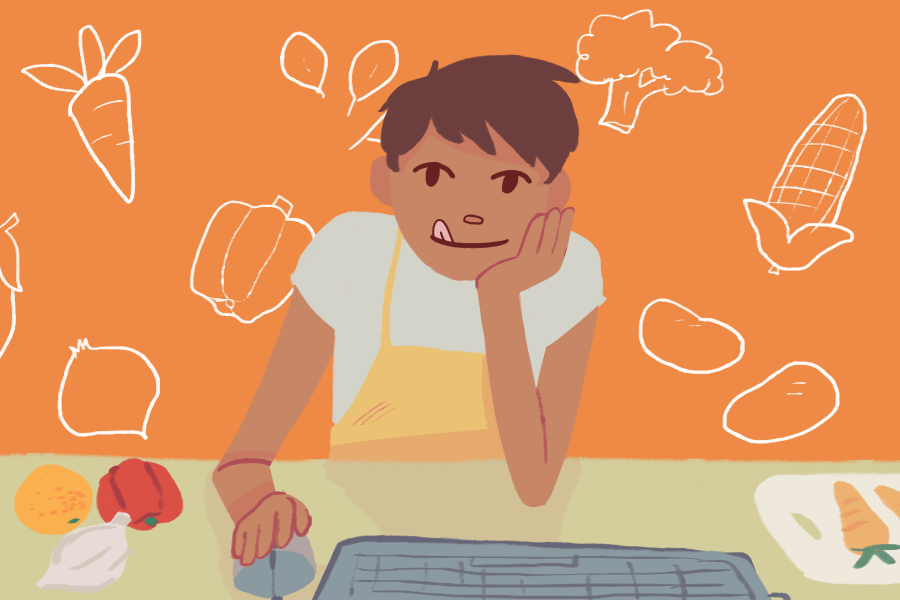It’s easy to feel like we’ve lost control of our eating habits during a pandemic. From the lack of a schedule that turns 1 a.m. into dinnertime to binging food to pass the day as we sit at home, eating well is yet another challenge we have to face during the COVID-19 pandemic.
In light of this, the Bakken Center for Spirituality and Healing at the University of Minnesota is offering help. On July 9, the Bakken Center will host a free webinar that touches on mindful cooking and eating. From noon to 1 p.m., Bakken Center instructor and professional chef Jenny Breen will teach attendees how food is essential for physical and mental health and different ways to prepare fresh, summer ingredients.
Breen, a professor for various classes within the Bakken Center and at the University’s College of Food, Agricultural and Natural Resource Sciences, wants attendees of the webinar to know that preparing your own food doesn’t have to be a hassle.
“I like to help people see it doesn’t have to be complicated or intense or take four hours,” said Breen. “You can do simple and basic things and feed yourself really well and not have it be stressful. It’s good for us, the planet and people around us.”
Some recipes and ingredients she is planning to incorporate into her webinar include leafy greens, stir-fries and savory sauces that can be slathered atop any veggie dish of your dreams. Breen has two goals for the webinar: to take the pressure out of cooking from home and help people recognize when they are feeling nourished by their food.
Both Breen and Mary Jo Kreitzer, founder and director of the Bakken Center, spoke about the necessity of mindful eating, especially during times of immense stress, like civil unrest or a global pandemic — or both. To alleviate stress and correctly nourish ourselves, Kreitzer is a proponent of bearing witness to what we are putting into our bodies when we are anxious.
“When we become more mindful about what we eat,” said Kreitzer, “we notice more closely when we are satiated. A huge issue in this country is overeating. There’s a lot of mindless eating. When we become mindful, we notice the impact of how we feel.”
Emerson Martin, an incoming fourth-year student at the University of Minnesota, mentioned how mindlessly she was eating in the beginning of the pandemic, and how that influenced her stress levels.
“Especially during this time, my relationship with food has been very back and forth. Towards the beginning I was struggling with binge eating because there wasn’t much to do, but I’ve actually been getting into cooking lately, and it’s been a nice thing I didn’t appreciate before,” said Martin.
And when it comes to fresh cooking, cooking with local produce is as easy as ever during this time of year, added Breen.
“We’re at a place in the season where almost every vegetable in a dish can be local,” Breen said. From radishes to snap peas to Swiss chard, the abundance of vegetables at the farmers market during the middle of the summer makes it a wonderful time to start experiencing local produce.
On the topic of handling stress through eating well, Breen advocated for healthy, unprocessed foods for your body. Touching on the idea that stress is “at a cellular level,” Breen explained how strong the connection between our mind and our gut is.
“If your gut is unhealthy, so is your brain. One of the reasons we deal with stress is because we aren’t making that connection,” she said. “And as long as we stay disconnected and continually put things into our bodies that actually hurt them, we won’t ever have that balance.”








